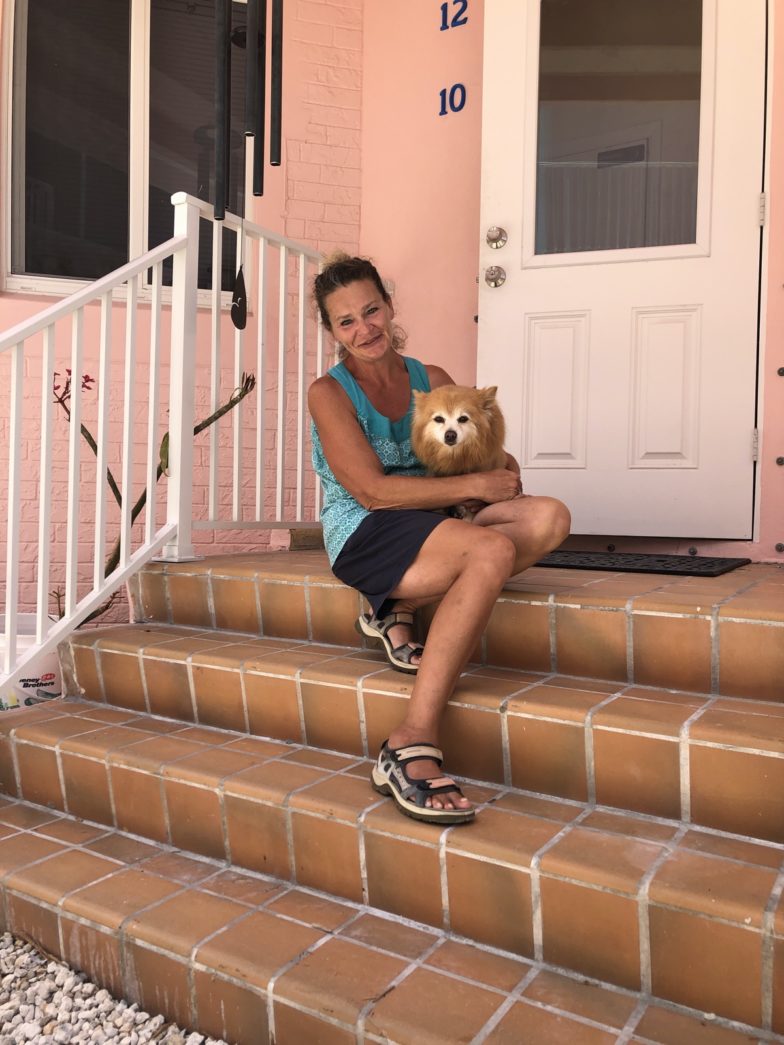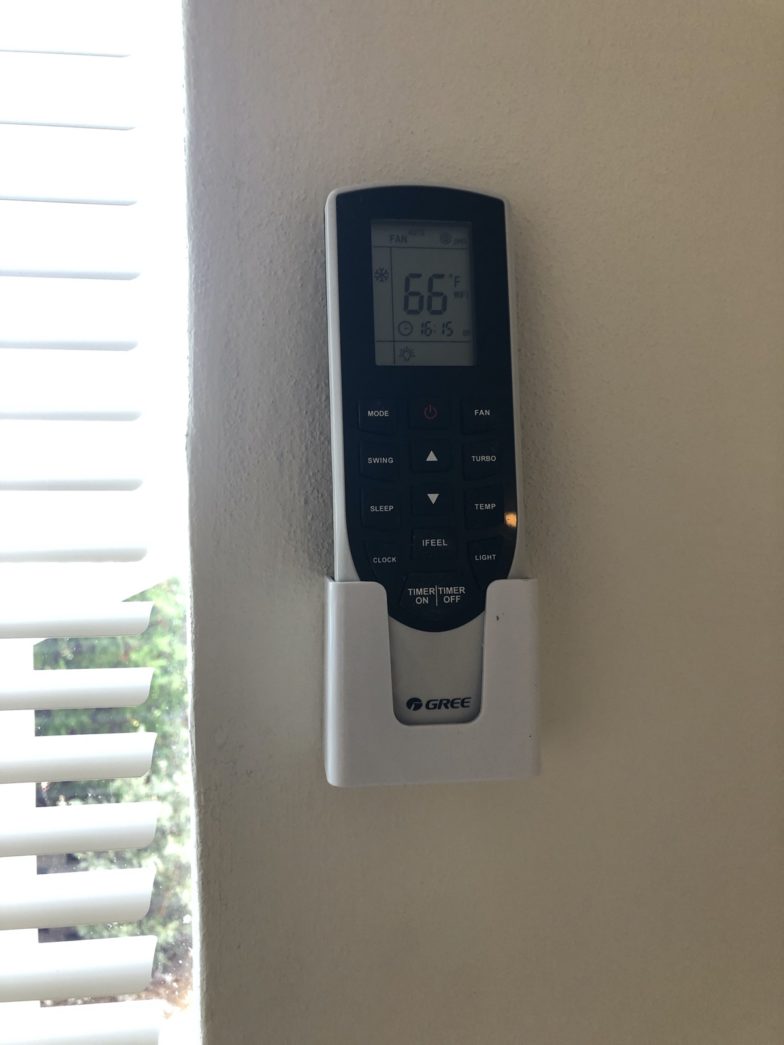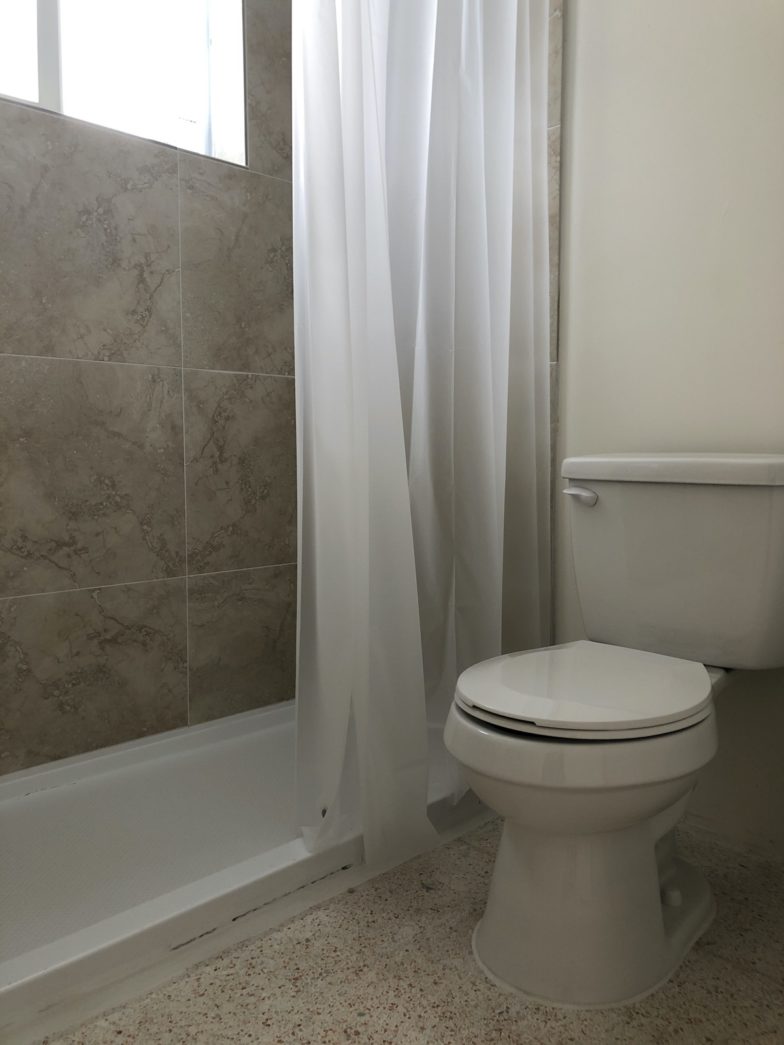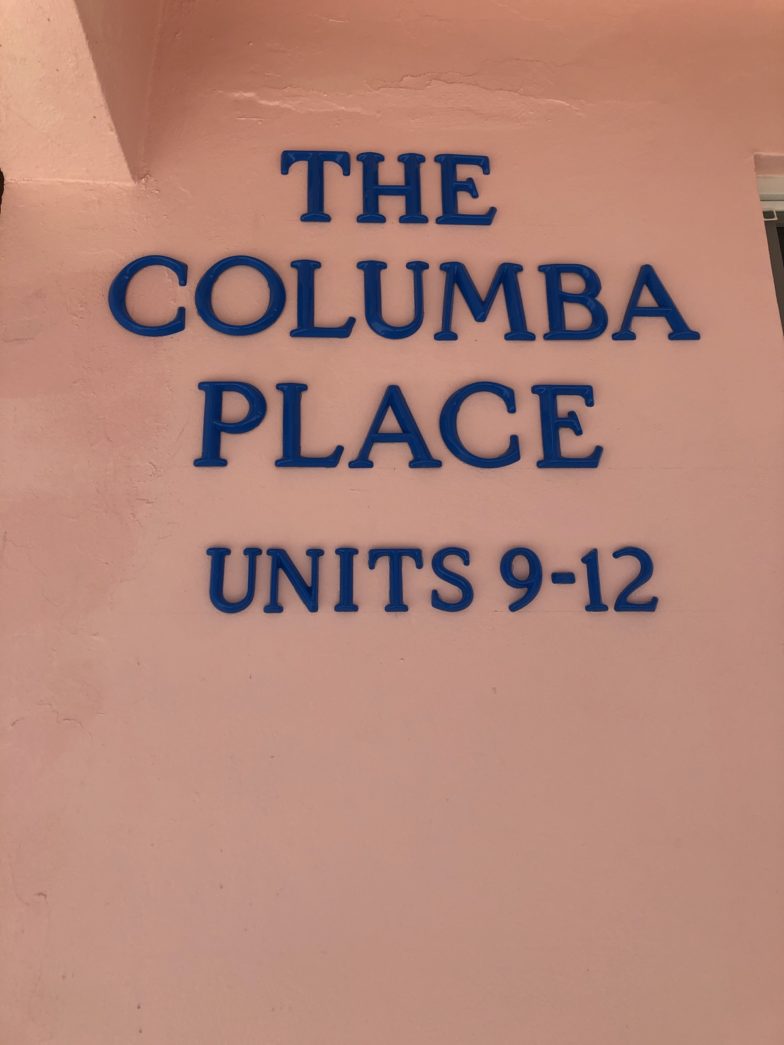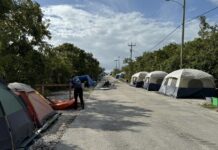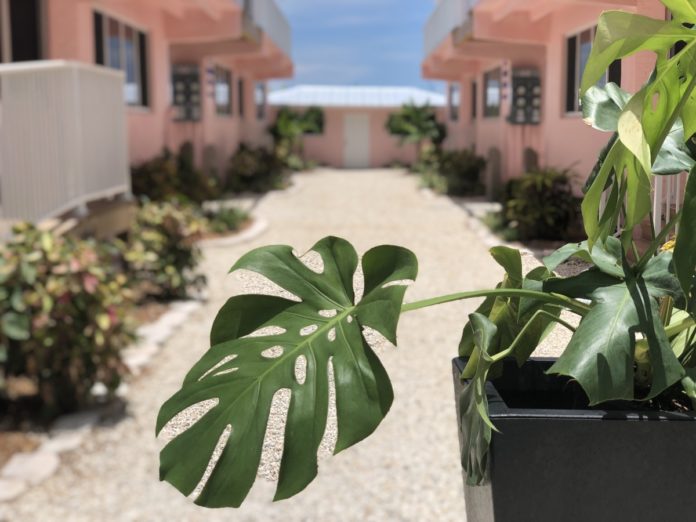
Most of Marathon knows these as the “pink apartments” located on the west end of Marathon. For years, the buildings sat empty and in a severe state of disrepair. For the past two years, St. Columba Episcopal Church has invested considerable funds to purchase the complex and rehabilitate it into affordable housing for Marathon’s citizens. At the beginning of July, the tenants started to move in.
“They’re state workers, city employees, postal carriers, servers and bookkeepers,” said St. Columba’s Rev. Canon Debra Maconaughey. “Some are single parents or couples just starting out or still recovering from Hurricane Irma.”
It was Hurricane Irma that moved the church to action. Serving on the front lines after the storm that swept the Keys in 2017, church officials struggled to find emergency housing for those affected. Then it stretched all its resources to host teams of volunteers from around the country to make what repairs it could in the Keys. But, Maconaughey said, it wasn’t enough.
And so, the miracle of the “five loaves and two fish” was reconfigured to fit modern-day Marathon. The church bought the condemned 16-unit apartment complex. It’s a fearless approach to a daunting problem: private, charitable ownership of affordable housing available to the public.
The 16 apartments — completely gutted and rebuilt — are prioritized for people who were impacted by Hurricane Irma.
“We have one tenant that has been couch surfing for two years,” Maconaughey said. “One apartment has been rented to a pregnant young woman, another has a 15-year old child. Marty Curry and her old, small lap dog have a spot to call their own, too.
“We’re settling in comfortably,” Curry said, smiling. “The place is terrific.”
The one-bedroom apartments feature original terrazzo floors, plenty of windows, a separate bedroom, bathroom, tankless water heaters, and a walk-in closet cooled by mini-split ACs. There’s a kitchenette, and balcony. Most of all, there’s rent relief. Tenants must earn a certain income to apply but pay less than $1,000 to rent.
The whole project would have been impossible without the support of Episcopal Relief and Development, The American Red Cross and Bridge to Hope. In addition, many businesses and agencies pitched in with their best prices and labor donations. “There are too many angles to list here, but we are so thankful for their contributions,” Macounaughey said.
Mostly though, it was built on the faith of Macounaughey and the congregation. Back in November 2018, when she was explaining the project to the Keys Weekly, she said, “When I get worried about the details of this project, I just tell myself, ‘You have to have faith, Debra.”
To that we would add, “and conviction and persistence.”
















